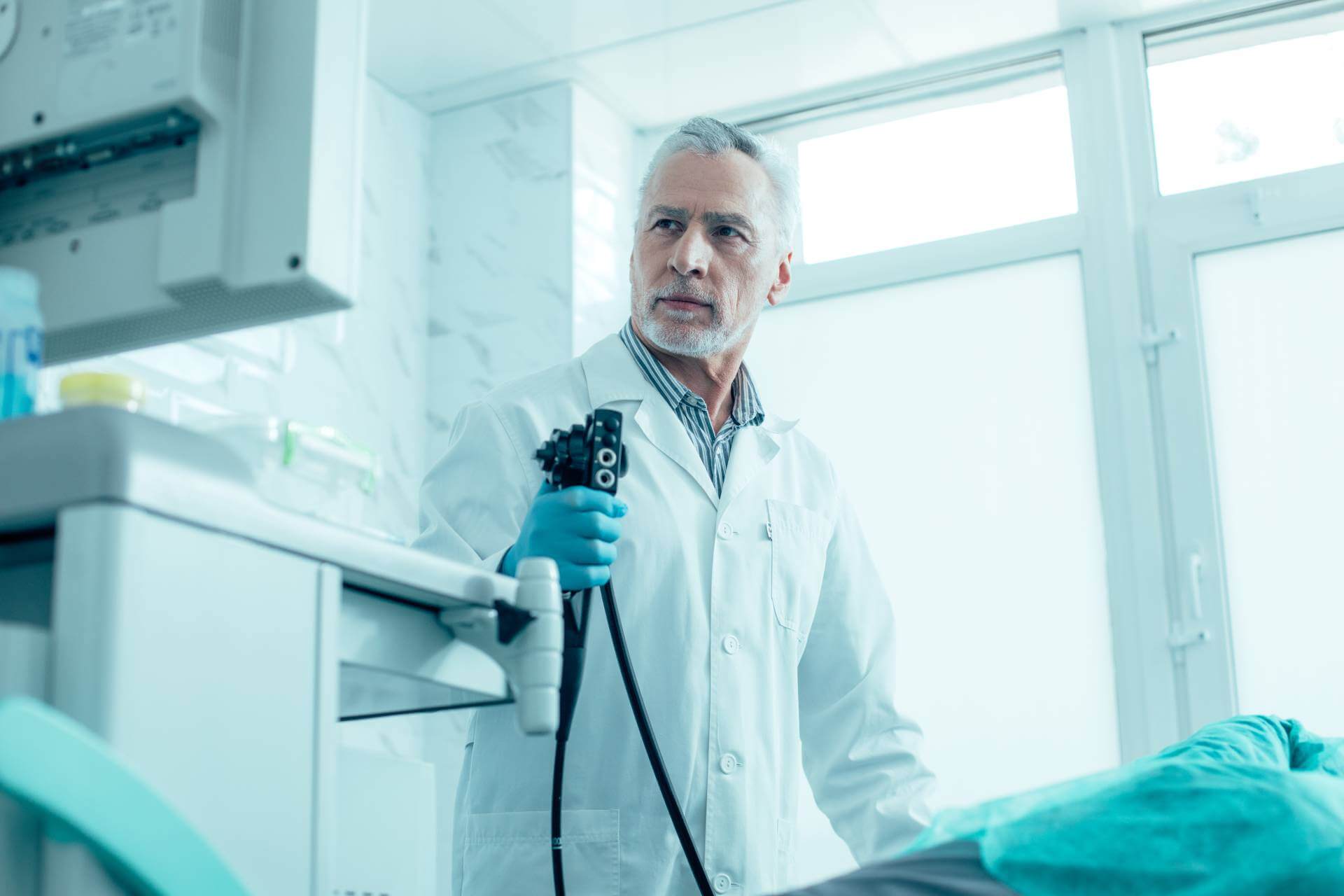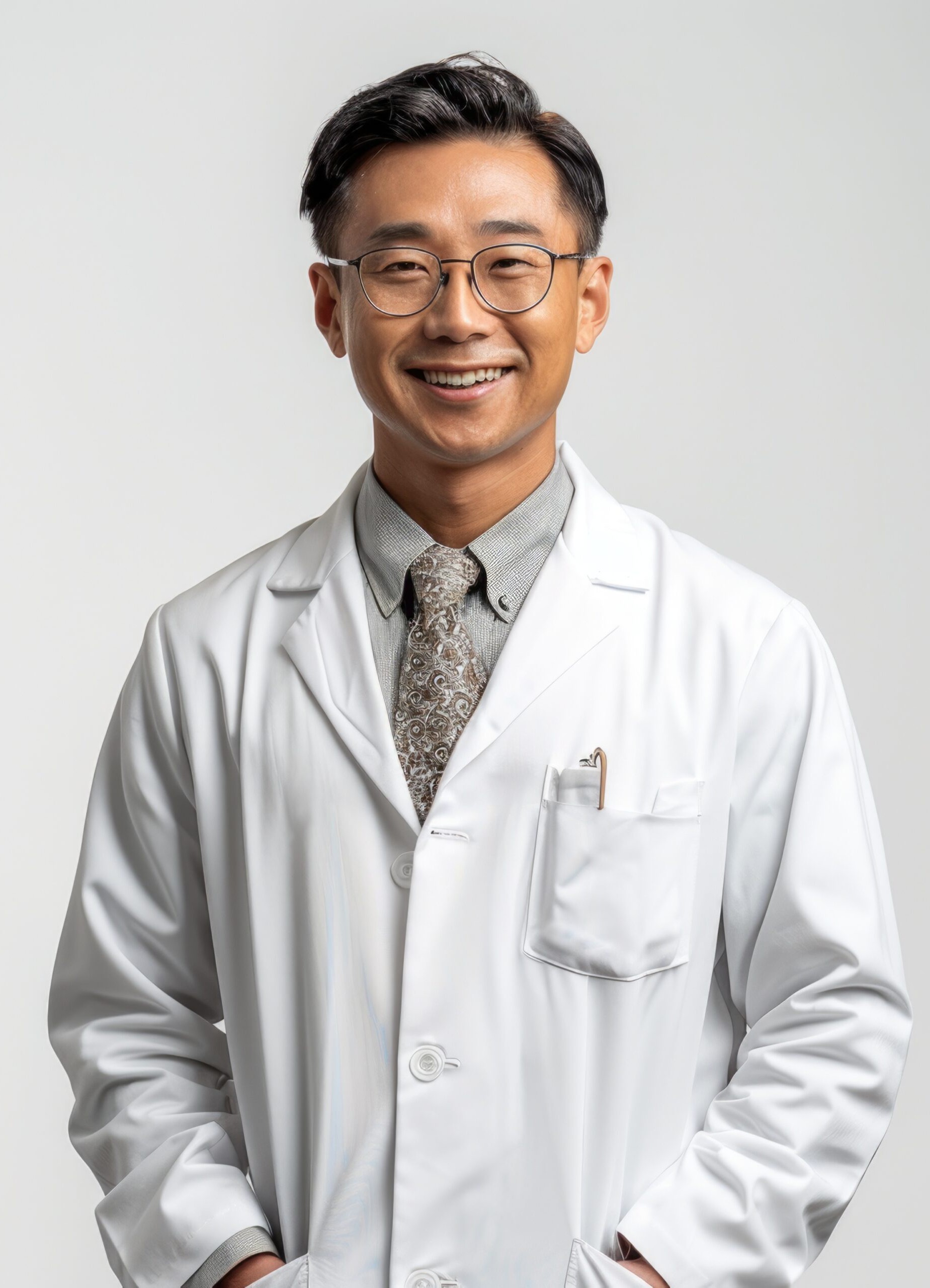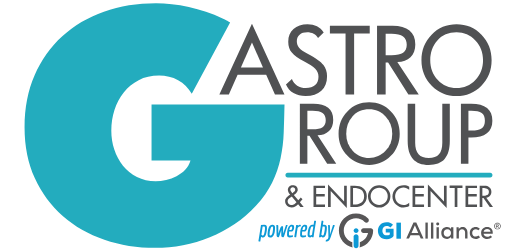Enteroscopy in Louisiana
What is an enteroscopy procedure?
An enteroscopy is an endoscopic procedure where a lengthy, thin, bendable scope is inserted into your mouth and progressed to the jejunum, the second portion of the small intestine. The scope has a light and a camera at the end, which allows our GI specialist to clearly see the inner portion of the esophagus, stomach, and small intestine. An enteroscopy procedure might be suggested to diagnose the source of GI problems such as stomach pain, bleeding, or concerning x-ray results. If it’s been suggested you get an enteroscopy, you can contact our team of board-certified gastroenterologists at GastroGroup & Endocenter to learn more about the procedure. Our providers frequently perform enteroscopy procedures for Louisiana patients and look forward to helping you enhance your GI health.

Why would someone need an enteroscopy?
The enteroscopy is often conducted to diagnose concerns or diseases in the small bowel. Indications of such concerns could include:
- Bleeding
- Unexplained diarrhea
- Abnormal growths or tumors in the small intestine
- Abnormal x-ray results
To some degree, alternative exam options will depend on the reason for needing to undergo the enteroscopy procedure in the first place. In a variety of cases, enteroscopy is the best way to diagnose and address upper GI tract abnormalities, especially if they involve the second portion of the small intestine (jejunum). However, the x-ray called an upper GI/small bowel follow-through can assess the upper digestive tract, too. This is, though, just a diagnostic method. Treatment of abnormalities will require an enteroscopy or a surgical procedure.
What should I expect the day before my enteroscopy?
Before your enteroscopy, you will receive directives from your GastroGroup & Endocenter GI specialist regarding preparation needs. Most individuals will likely be allowed to eat as normal the day prior to their exam. You will be told not to consume anything by mouth after midnight apart from any medications you take. It is critical to adhere to the directive given to you by your GI specialist. There will also be further information regarding your medications. In the majority of instances, your medications can be taken as instructed. However, in select circumstances, especially in those who take anti-coagulants and in diabetics, specific guidelines will be provided.
What happens on the day of my enteroscopy?
You will be asked to enter the endoscopy unit 1 to 1.5 hours ahead of your enteroscopy procedure. This is to allow time to complete paperwork and prepare for the procedure. You will be asked to switch into a medical gown. An intravenous (IV) catheter will be placed in your arm so sedation can be given to you. We will connect you to equipment that will let us keep track of your blood pressure, heart rate, pulse, breathing, oxygen levels, and more while you’re in our care.
Once settled in your exam room, we’ll have you lie down on your left side on the procedure table. The IV will be started. Small amounts are given at a time to ensure you won’t have an adverse reaction to the medication. Once an adequate level of sedation is achieved, the endoscope will be gently introduced into the mouth. The scope will be carefully advanced through your esophagus, stomach, and small intestine. A little bit of air will be injected through the scope into your GI tract to help your physician see. Any fluid remaining in the upper gastrointestinal tract is suctioned out through the scope. Based on the outcome of the exam, several things can be suggested at the time of the procedure, like removal of polyps, biopsies, and control of bleeding. Once we’re done with your procedure, as much of the air and remaining fluid as possible is drew out via the scope. Depending on the findings, the procedure often takes somewhere between 15 – 45 minutes.
After the exam is complete, you will be taken to the recovery room to be supervised while the sedation starts to wear off. The amount of IV sedation given during your enteroscopy and your particular reaction to the medication will determine how quickly you come to, though most of our patients are alert enough to be released after about 45 – 60 minutes. You will not be allowed to drive for the rest of the day, so you will need to have someone take you home. You will also be instructed not to work, sign official papers, or perform strenuous activities for the rest of the day. Most patients are capable of eating and drinking normally after being released from the endoscopy center, however, specific instructions about activities, medications, and eating will be given before your are discharged.
After the enteroscopy procedure, your GastroGroup & Endocenter team will go over the results of your procedure with you. Most patients have difficulty remembering the results of the exam because of the effects of the sedation. We recommend, if possible, to bring someone with you for these results. You will also go home with a report. You will be informed of any biopsy results usually within one week.
What are the risks of an enteroscopy?
In general, an enteroscopy is a safe and effective exam. Typically, complications happen in only about 1% of patients. Many issues are not life-threatening, however, if an issue does arise, it may demand hospitalization and a surgical procedure. Prior to the exam, we will review a consent form with you. Should any questions or concerns arise, these can be gone over with your GI specialist before your enteroscopy.
Medication reactions associated with sedation can occur. These might include but are not limited to allergic reactions, difficulty breathing, effects on the heart and blood pressure, and irritation of the vein used to give the medication. Bleeding can happen with biopsies, the removal of polyps, and with dilating strictures. Again, bleeding, that results in a blood transfusion or hospitalization, is uncommon. A hole or puncture of the esophagus, stomach, or small intestine might happen, although unlikely. This may be recognized at the time of the procedure, or it may not be obvious for several hours. In the majority of cases, this will require surgery and/or a hospital stay. This is uncommon, even when biopsies are taken or dilation is performed. It is critical that you contact our Louisiana office immediately if symptoms occur after your enteroscopy, like worsening abdominal pain, bleeding, or fever.
Like any other procedure, enteroscopy is not without imperfections. There exists a small, acknowledged risk that abnormalities, such as cancers, may be overlooked at the time of the procedure. It is crucial to routinely follow up with your provider as instructed and inform them of any new or ongoing issues.
Enteroscopy FAQs
What should I avoid after my enteroscopy?
Post-enteroscopy, it’s important to avoid consuming any food or drinks until your doctor gives the go-ahead. Adhere to any medication instructions provided by your healthcare team. Refrain from engaging in heavy physical activities and contact our office immediately if you experience significant abdominal pain, ongoing bleeding, or fever.
Who should not undergo an enteroscopy?
Certain individuals may be advised against having an enteroscopy due to medical conditions or risk factors that could lead to complications. This procedure may not be suitable for patients with severe heart or lung diseases, uncontrolled bleeding disorders, or those who have had a recent heart attack because of the sedation and procedural risks involved. Additionally, people with anatomical abnormalities or strictures in the digestive tract may also need to avoid enteroscopy. It is crucial to discuss any pre-existing health issues with your doctor to determine if enteroscopy is right for you.
What are the key differences between enteroscopy and endoscopy?
The primary distinction between an enteroscopy and an endoscopy is the area of the digestive tract they inspect. Both procedures use a flexible tube with a camera, but an endoscopy is typically used to examine the upper gastrointestinal tract, including the esophagus, stomach, and duodenum. In contrast, an enteroscopy focuses on the small intestine, which is more challenging to reach. Enteroscopy is often recommended when other diagnostic methods, like endoscopy or colonoscopy, do not yield clear results or when there is a suspected problem in the small intestine.

